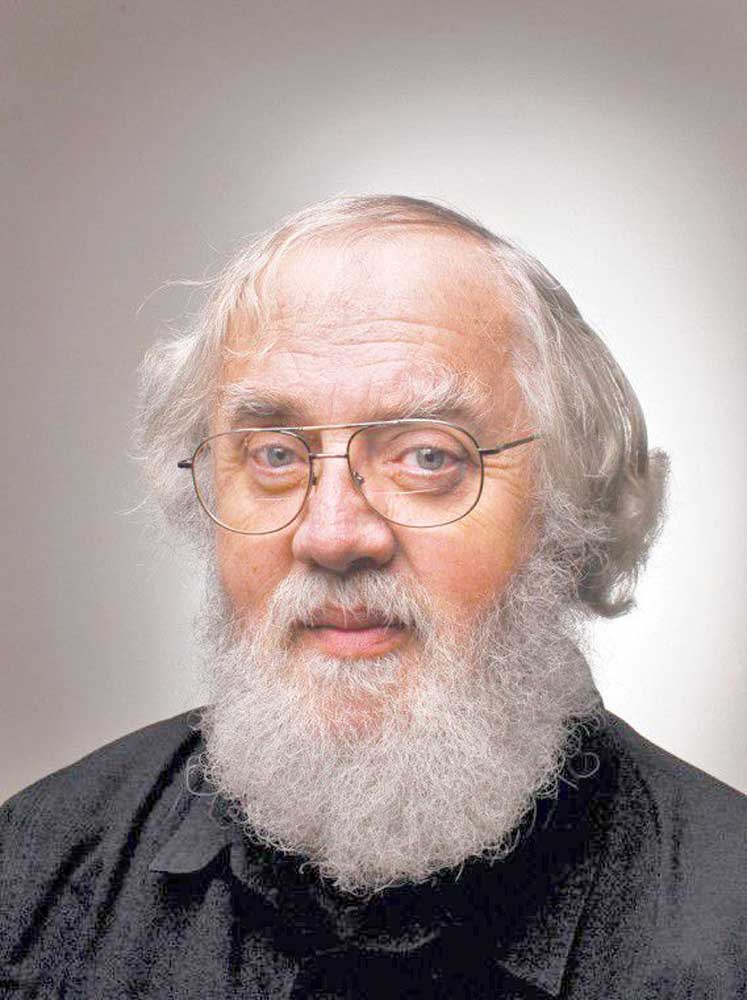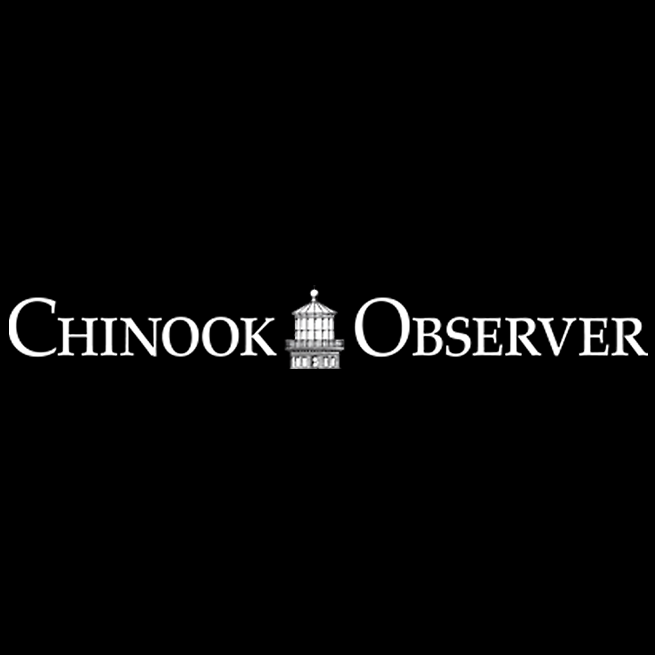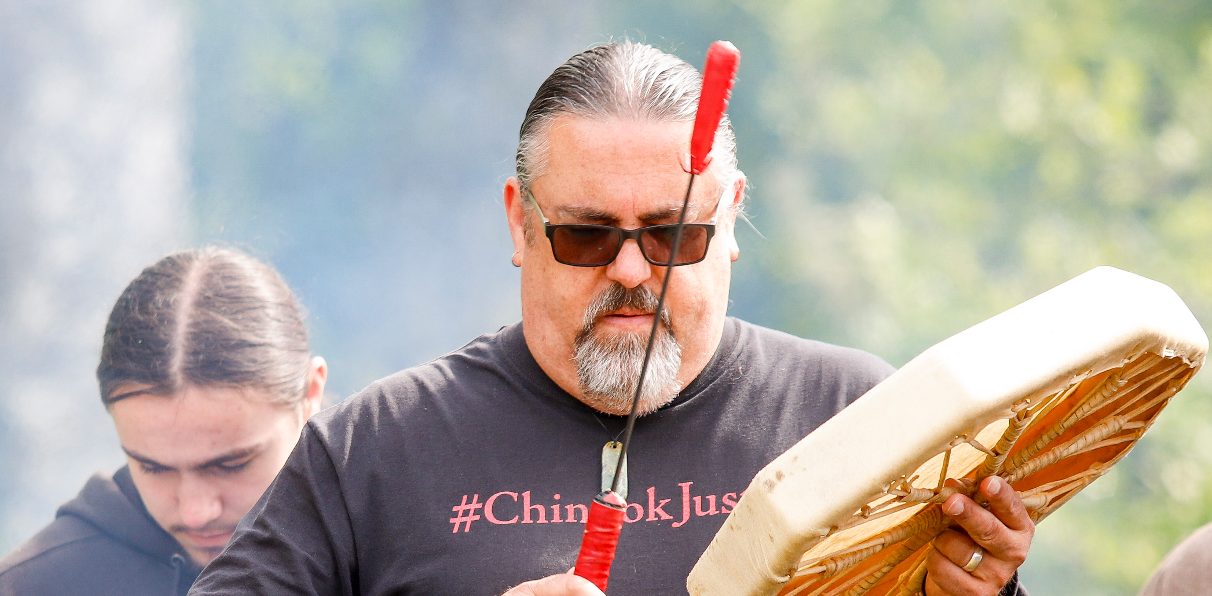Editor’s Notebook: Let’s all honor these noteworthy neighbors
Published 2:44 pm Friday, July 8, 2022

- Wayne Downing died at age 72. He was one of the wise men of the Pacific Northwest, though far too humble to ever think he was.
The 1938 play “Our Town” by Thornton Wilder once was a staple of high school drama productions. It’s still a favorite of mine and many other small-town news people, recounting the joys and sorrows of everyday lives partly through the eyes of the local editor. Death claims everyone in the end, but their echoes roll forward, influencing what comes after. It always puts me in mind of lines from a favorite Spanish poem, loosely translated “even the people who loved me will pass away, and the town will burst forth with new life every year. But I’ll always inhabit the same secret corner of my flowery garden.”
Trending
Recent weeks have included the deaths of several folks who are meaningful to me in one way or another. I want to acknowledge them.
Wayne
This catch-up with recent losses is inspired by the July 7 death at age 72 of our long-time columnist Wayne Downing. Wayne, who shared my trait of slow talking, was widely known as a gravelly-voiced on-air presenter on Coast Community Radio. He first came to my attention as an occasional letter writer, whose contributions never failed to move and impress with their genuine emotion and insights. I offered him a monthly column spot — which he titled “An Old Dog’s Tale” — so I could pay him a little and encourage him to routinely put his thoughts in writing.
By way of remembrance, here’s a letter he wrote us 15 years ago. It remains relevant as ever.
The light of the library at night, with the rain blistering the road and the darkness black as paint; that’s what made me think of it. The school play, the football game; music in the park; pretty girls in floppy hats, strong men chasing the seas in boats; that made me think of it, too. Canning jars and raffle tickets and car washes and cheerleaders; calico houses and mobile homes with old women wearing flannel shirts and dogs walking the roads with their tongues hanging down.
‘This is community. This is our home. Things match only by coincidence. Visitors (and repair men) are usually late. Freedom means more than money. We do lots and lots of things that don’t pay.’
Wayne Downing
This is community. This is our home. Things match only by coincidence. Visitors (and repair men) are usually late. Freedom means more than money. We do lots and lots of things that don’t pay.
Have you heard of the suburban family, coming home to their million dollar neighborhood, and not being able to tell which house is theirs? That’s the ideal of “suburbia” — to level all living things and rebuild in ways we can control — animals who behave, orderly rows of houses, orderly rows of trees, straight lines in every direction.
I come along Sandridge, and several places have had the earth scraped completely clean. They’re playing pioneer, I guess, you have to kill something, you need control, your bulldozer puts you in charge. But even if you’ve lived here for a thousand years, you’ll still be a stranger.
Aren’t there any rules for settling on the Long Beach Peninsula? Can’t we ever say no? Do we have any courage? To think the land exists only for us is just arrogant. No house is bold enough, pretty enough, big enough, filled with enough conveniences, to justify cutting everything down, to turn a forest floor into a blanket of mud. You kill the land, and you’re like a man who hunts when his refrigerator is already full.
I speak no ill against the family who tills the land for food, who clears the land for pasture, who pulls down the trees knocking against the electrical poles. I don’t want to hurt the woman who tidies a patch of garden, who puts up a workshop to build things and to fix things with their own hand. I’m happy to make concessions toward old people and the children, for the infirmed and the poor. But the rich have more choices.
And yes, all you suburban exiles, you will win eventually (by sheer numbers, if nothing else). So I can’t tell you no, perhaps no one can. And maybe that’s why you keep doing it, because it’s a moral choice, and there’s no punishment for that on this earth.
But this is how we live our lives, on a land that shares with us its beauty and begs for a solemn acceptance of its rules. And so I ask you, to give your building tools to men of conscience. Give your chainsaws to men who love the land. And like a dog acting on the will of its forefathers, stepping in circles in the tall grass before it lays down silently to rest, take what you need. But please don’t take everything.
Dick
It was quite awhile after moving here that I met Dick Sheldon. Ardell MacPhail, hostessing her famous CranMac Farms Fourth of July party, cautioned me in about 1992 that Sheldon would come off as rude, but was — not too far underneath — a smart and caring man, and one of the no-nonsense stewards of Willapa Bay. He did indeed rub some folks the wrong way and I regretted that he picked fights that I didn’t think needed to be picked. On the other hand, it makes me smile to remember the mischievous twinkle in his eye, and I’ll always consider him heroic for diving headlong into local conservation issues where others feared to tread.
Nyel
I don’t know, but it wouldn’t surprise me if Nyel Stevens of Oysterville was one of those annoyed by Sheldon, who tended to play with sharp elbows. Nyel, who I first came to know at legendary croquet parties at the Espy House, loved theater, and I realize now that I was insufficiently supportive of amateur plays when I first arrived. Apologies, long after the fact, for that oversight. He reminded me of his uncle-in-law Willard Espy, another dapper gentleman with style and dignity, who nevertheless usually seemed to be having fun. That Oysterville lives on as one of our region’s most-treasured villages is due in part to Nyel’s tenacity.
Both Dick and Nyel were well honored in our pages. But particularly since the start of the pandemic, it’s struck me that survivors are less inclined to submit obituaries for their loved ones. Although I’m not someone who immediately turns to that page in whatever newspaper I’m reading, obituaries serve important functions — starting with paying formal tribute. Every person should be remembered and most deserve to be honored. Well-written obits are often even quite entertaining, in their way, being an encapsulated biography. It never ceases to amaze me what colorful and content-filled lives local people have lived. I always kick myself if someone with a particularly interesting story dies and weren’t profiled in my paper while still among the living.
Mark
I am grateful this week to publish an obituary for Mark Scott, whose May 24 death shook many of us. He was an amazingly smart and creative man, who I think first really came to my attention decades ago at the Finnish-American Folk Festival in Naselle. He was displaying a playful, interactive sculpture — which I’m sure others will remember in better detail. I next encountered him at a Portland conference where I spoke, and where he bubbled with bright ideas. He is best known around his Surfside home and in the county at-large as a master of mapping, bringing brilliant analysis to exactly where everything is. His death at only 55 is a huge loss. I hope he knew how much he was appreciated.









